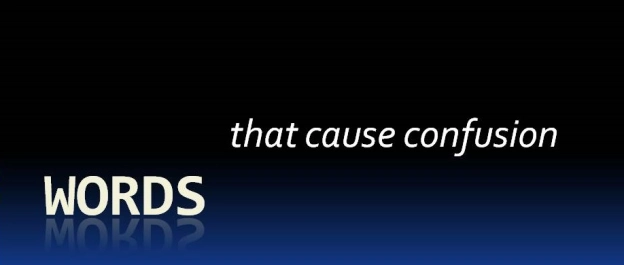Languages evolve. New words and expressions gain acceptance; hyphens get added and then dropped as two words merge into one. (Search online for “step-daughter” and you will find two words (step daughter), a hyphenated version (step-daughter), and one word (stepdaughter).)
Which version you choose depends, in part, upon where you live, what you are writing, and where your writing will be published. If you are writing a blog post and you live in the United States, your readers probably won’t think twice about stepdaughter or step-daughter, and they’ll understand “step daughter” (though I’d advise against that choice). If you are submitting your work, follow the preferences of your editor or publisher on style matters, especially if the work will be published in different markets (e.g., North America or United Kingdom).
Two-word compounds tend to get hyphenated before they get merged, so if the unhyphenated version has made its way into a reputable dictionary (e.g., stepdaughter), then that is likely the most up-to-date choice, with step-daughter an acceptable variant. (Wellbeing, as one word, has not yet become standard in North America; the preferred form is well-being. Back seat, when used as an adjective, may be either hyphenated or merged: “Don’t be a backseat driver.”)
One word or two, back seat and backseat have the same meaning. Hyphenated or not, step-daughter and stepdaughter refer to the same person. In other instances, however, the meaning changes when two words are merged into one. Consider some time and sometime:
“I need some time to figure out what I want to write about.” (Here, “some” could easily be omitted; it could also be replaced with “more”: “I need more time.”)
“I’ll get around to finishing that novel sometime.” (Here, “someday” could be substituted for “sometime.”)
Similarly, “any” time can refer to a quantity or amount of time:
“I haven’t had any time this week to work on my project.” ✓
“I haven’t had anytime this week to work on my project.” X
Anytime, an adverb, is a variation of any time and is often used in casual conversation and correspondence:
“This rain isn’t going to let up anytime soon.”
“Call me anytime, day or night.”
If I were writing an advertising slogan that included anywhere, then anytime might be the better stylistic choice:
Our experts are ready to help you—anytime, anywhere.
Anytime can also be used to mean “whenever”:
“Anytime I see an error, I point it out.” (“Whenever I see an error, I point it out.”)
(I consider this use of anytime informal, too. More accurately, I am saying: “Every time I see an error, I point it out.”)
“Anytime” is sometimes given as a response to “Thank you”:
“Thanks for the lift.”
“Anytime. Glad I could help.”
The two-word form is preferable in formal communications:
“I can see you any time next week, but this week my schedule is full.”
Always use the two-word form following the preposition at.
“If, at any time, you feel uncomfortable, please notify one of the assistants.”
“You can close your account at any time if you are not satisfied with the service.”
Take time to think about your intended meaning and ensure that your words reflect your intentions.

